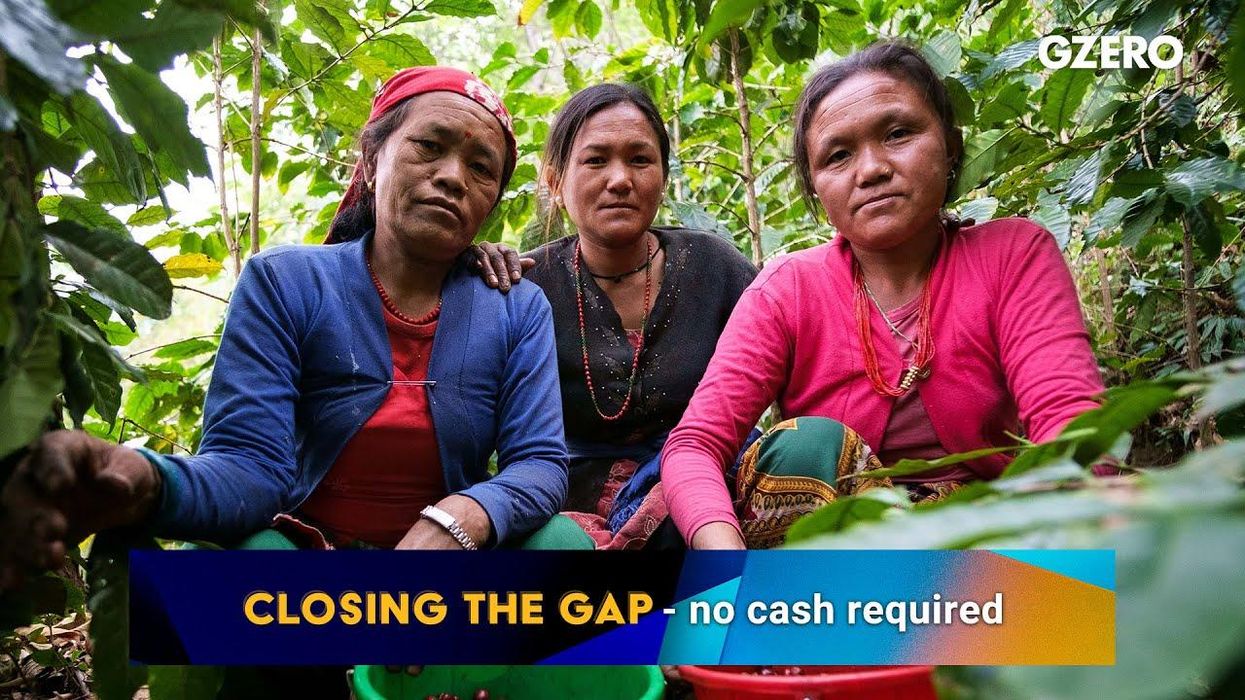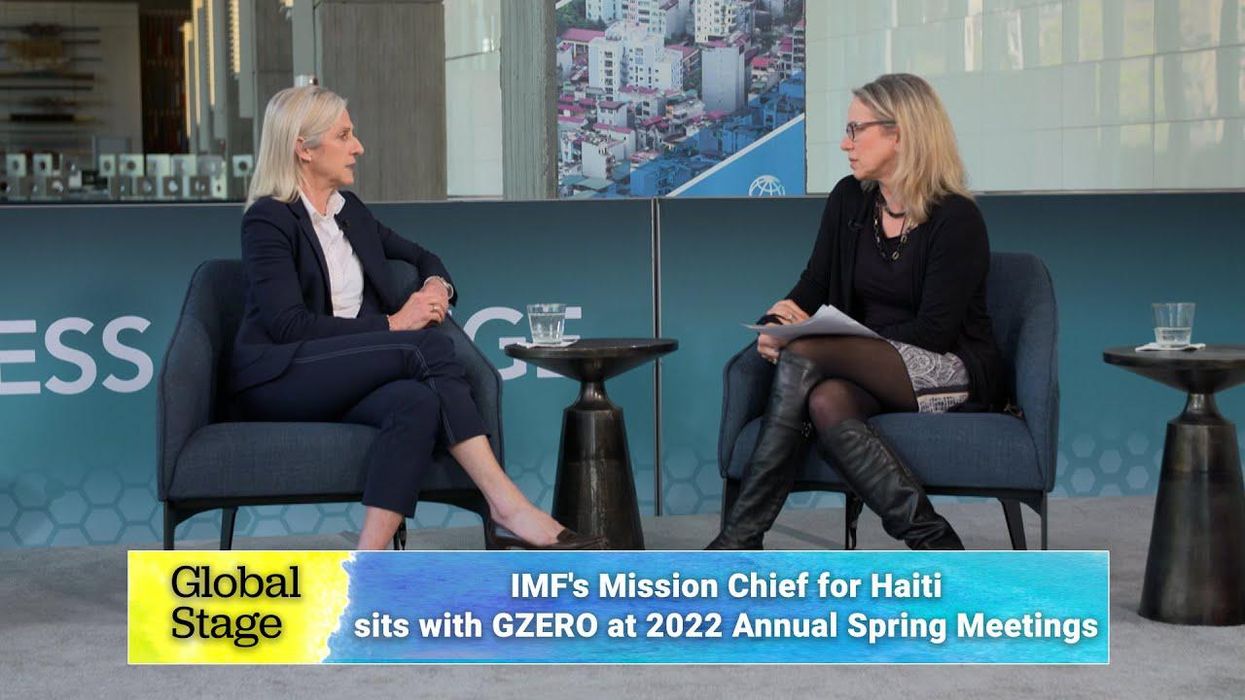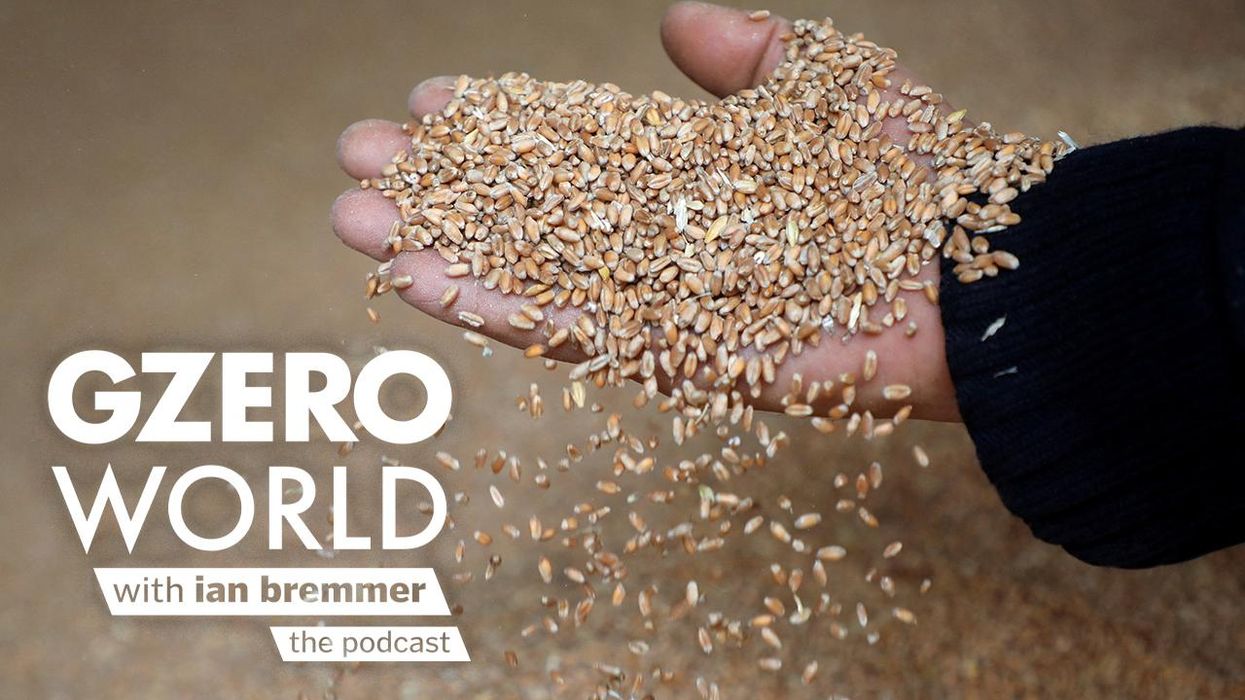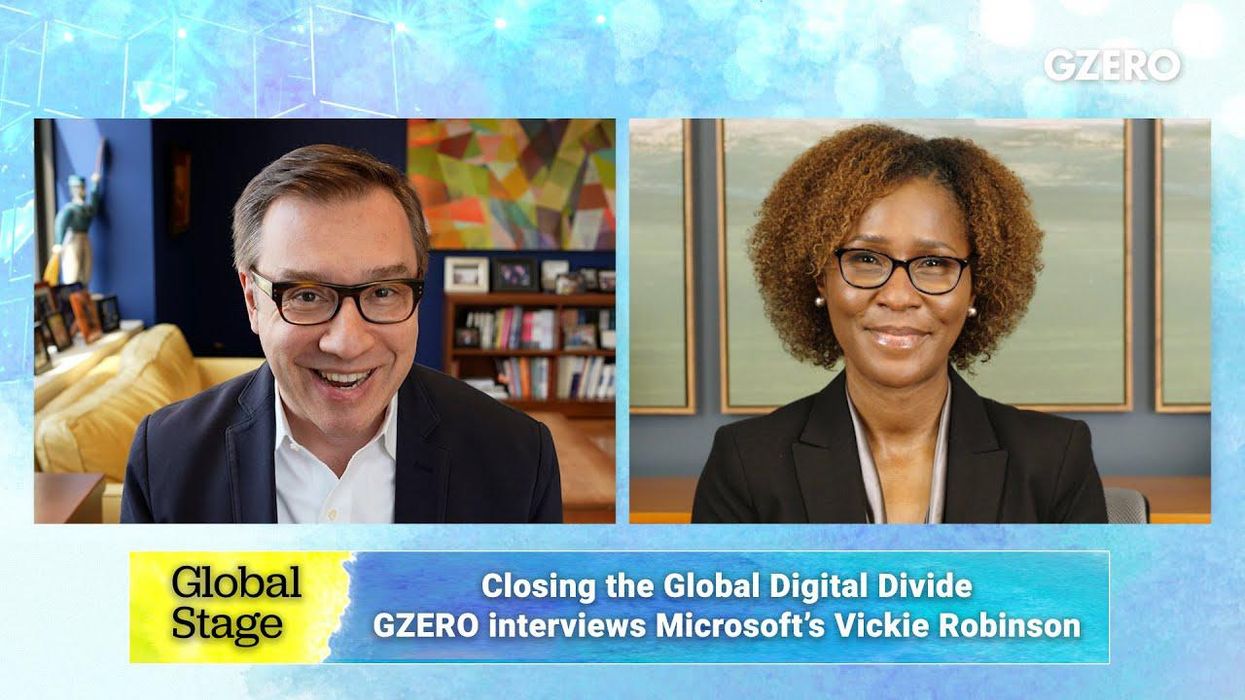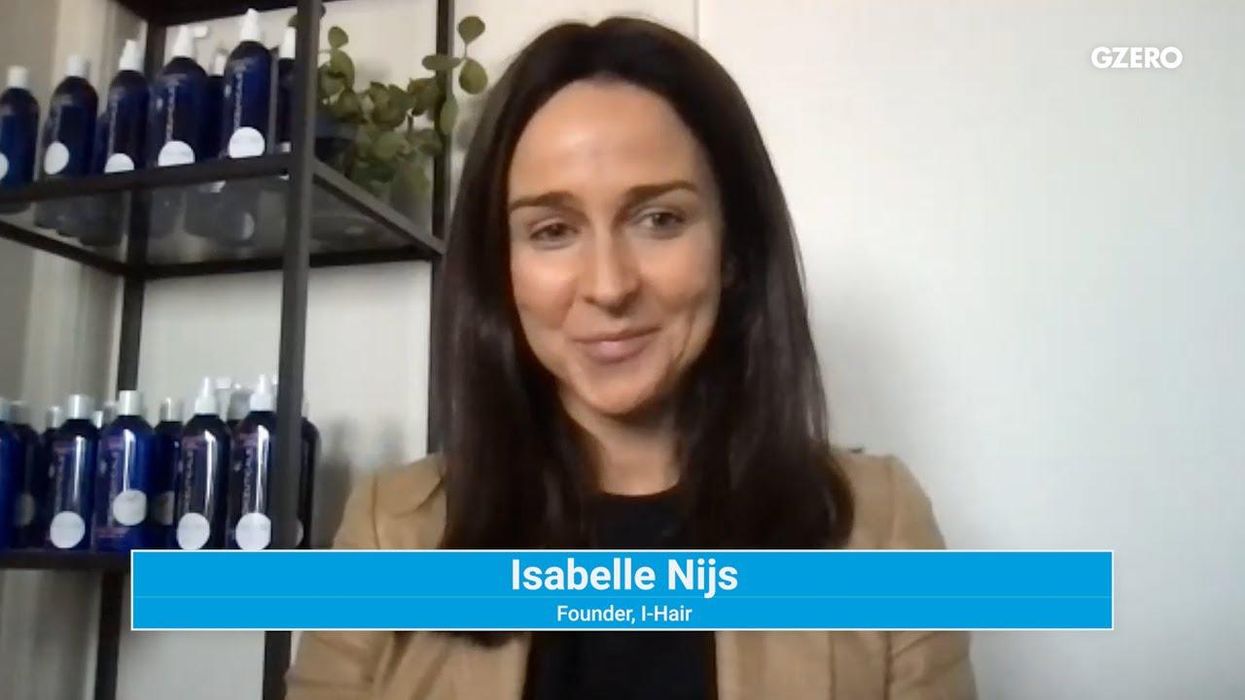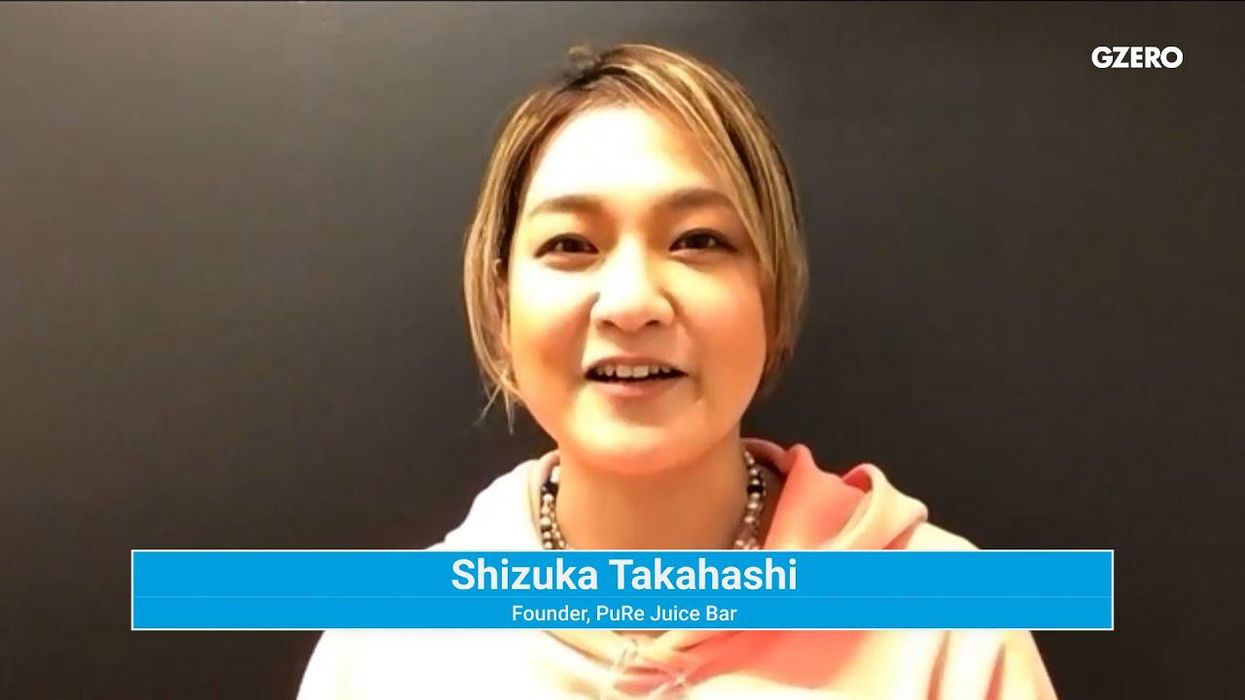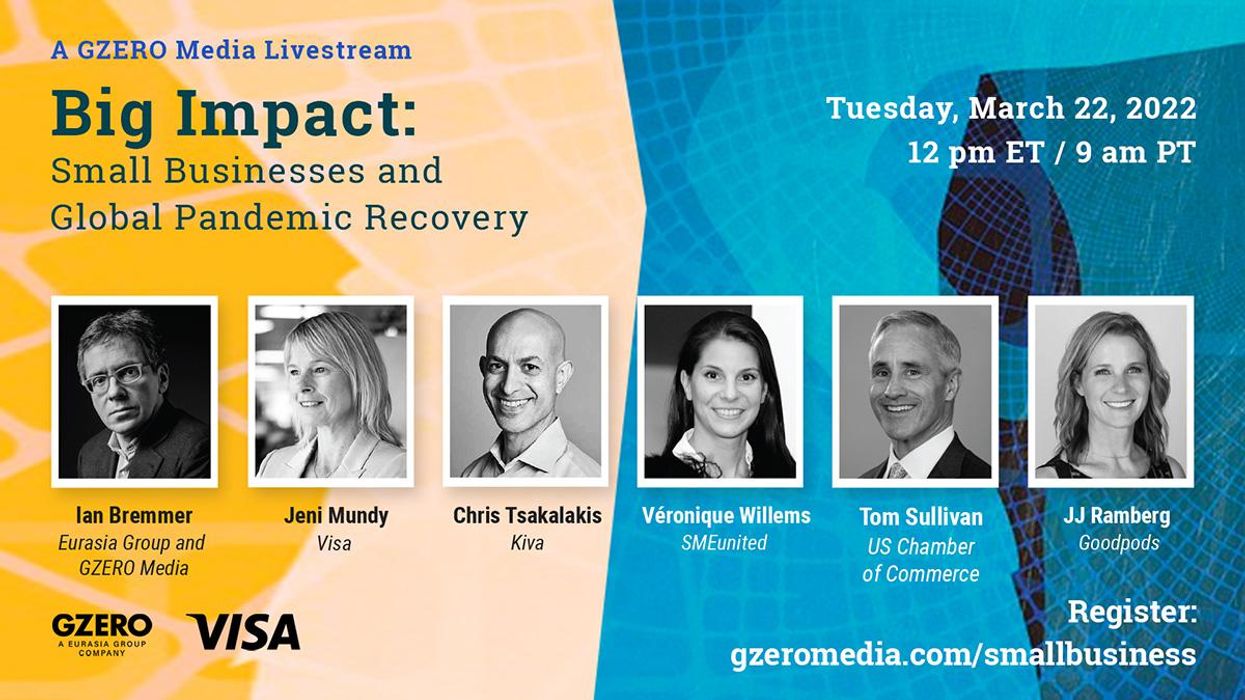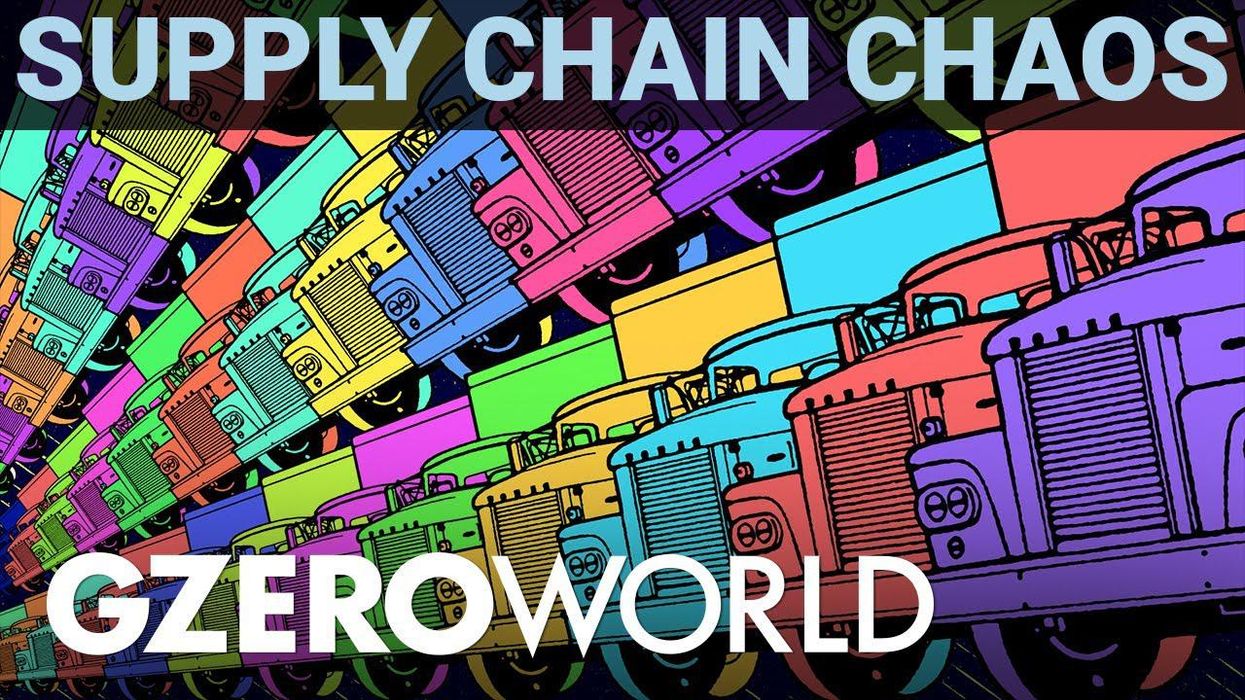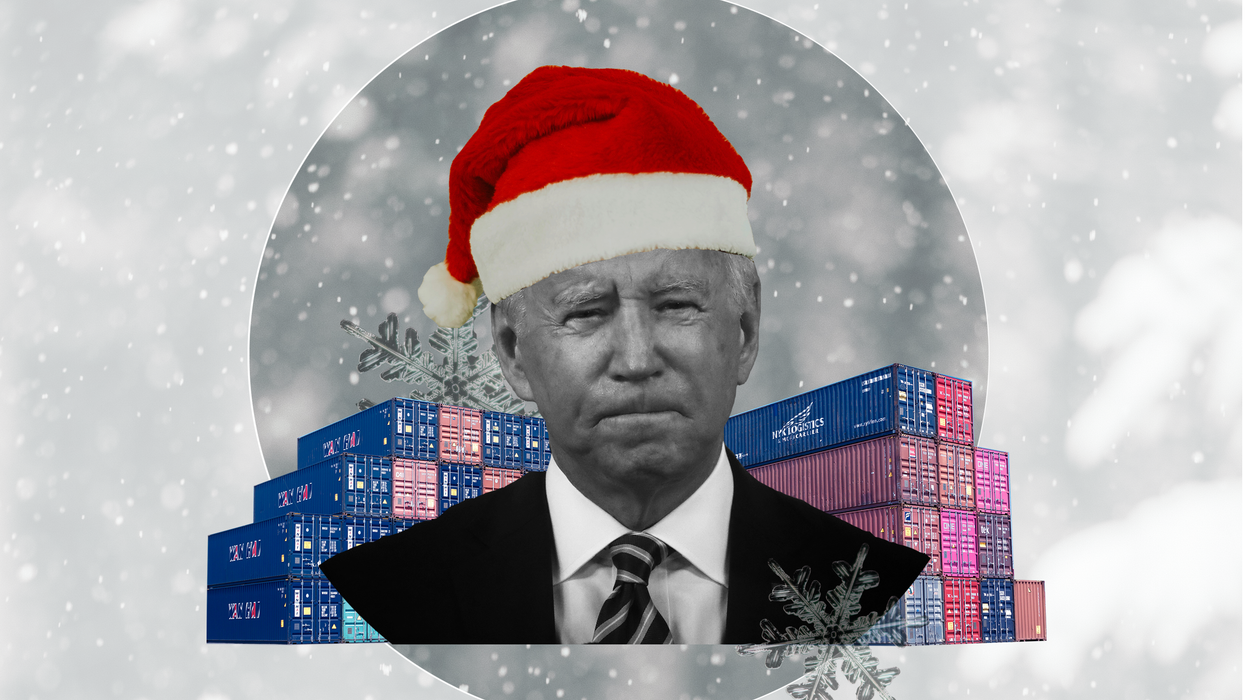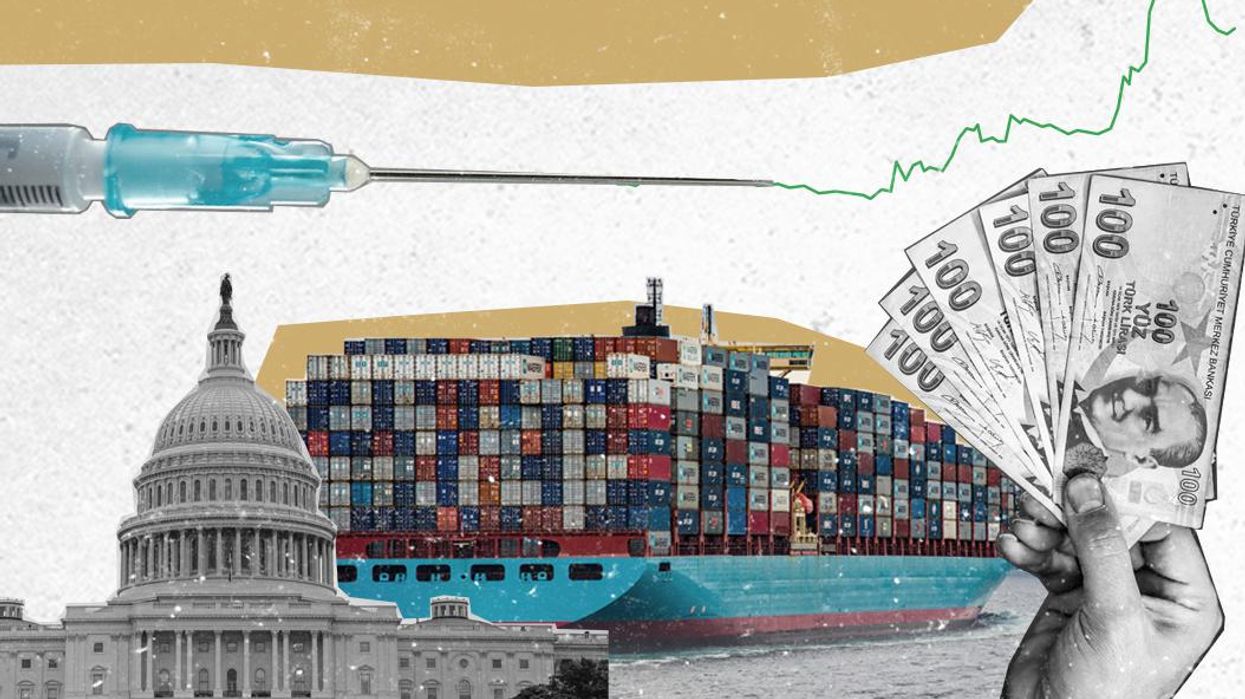Closing the Gap
Will Nepal cash out?
Like much of the world, Nepal saw digital payments soar during the pandemic. Tulsi Rauniyar, a young Nepalese documentary photographer, experienced the transition firsthand. With COVID making human touch a big concern, e-commerce and cashless transactions became more commonplace — so much so that Rauniyar herself rarely uses cash anymore. This technological globalization is increasingly helping female entrepreneurs and businesswomen succeed in Nepal. But it still needs to reach rural areas — where many hard-working women are unaware of these transformative technologies.
Oct 14, 2022
